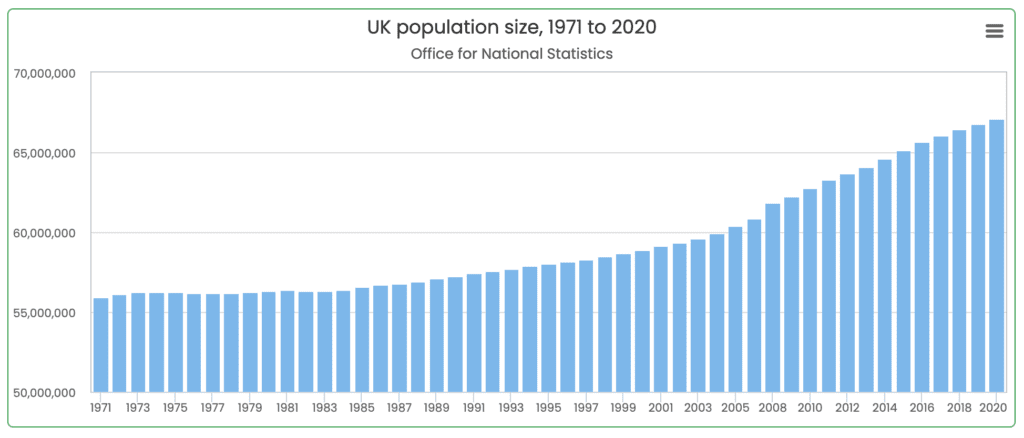
Alp Mehmet is a former British diplomat and the Chairman of Migration Watch UK, an independent think tank, campaigning for significant reductions in immigration. The Illegal Migration Bill is about to come into force in the UK. It has been designed to stop small boats carrying illegal migrants from crossing the English Channel, and give the government further powers to detain and remove individuals who enter the country unlawfully. Alp Mehmet briefly talked to us about the dangers of rising numbers of legal and illegal immigrants.

The Illegal Migration Bill becomes an Act today [July 20th] when it gains Royal Assent. The rigour with which it is implemented will determine the extent to which it deters migrants from making the perilous journey across the English Channel from safe France. In my judgement it will be some time before the new Act has any impact and I expect the numbers crossing to continue at least for the time being. Crossings are currently at about the rate they were in 2022, when 45,500 crossed. I expect this year’s final number to be about the same.
The reasons vary and include an inability to disprove [asylum] claims; [to] persuade home countries to accept and document their citizens; international treaties and conventions (like the European Convention on Human Rights) to which we are a party; and interventions in the legal system. For these reasons, and knowing the likelihood that the legal process will conclude in favour of asylum seekers, officials will often short-circuit the system by granting asylum.
There are a number of reasons but the main ones are the failure to control the inflow and a very loose points-based system introduced following Brexit.
Such a massive and rapid increase in population can only lead to a worsening of the problems we now face in housing, the NHS, and other services. Queues at GP surgeries will grow. Integration of new arrivals of this magnitude will be even more difficult; this will increase risks to the cohesion within our society that we have always enjoyed.

According to the chairmen of Migration Watch UK, Alp Mehmet and Lord Green of Deddington,
Our central concern is the current massive level of immigration which, if allowed to continue, would mean that the population of the UK would increase by 10 million in 25 years, 82% of it due to future migrants and their children. Migration is, of course, a natural part of an open economy and society but it must be sustainable and must have the assent of the British public—yet many in the media and political class have long dismissed widespread public concern and the strong view of a clear majority that the current level of net migration of around a quarter of a million a year must be significantly reduced.
